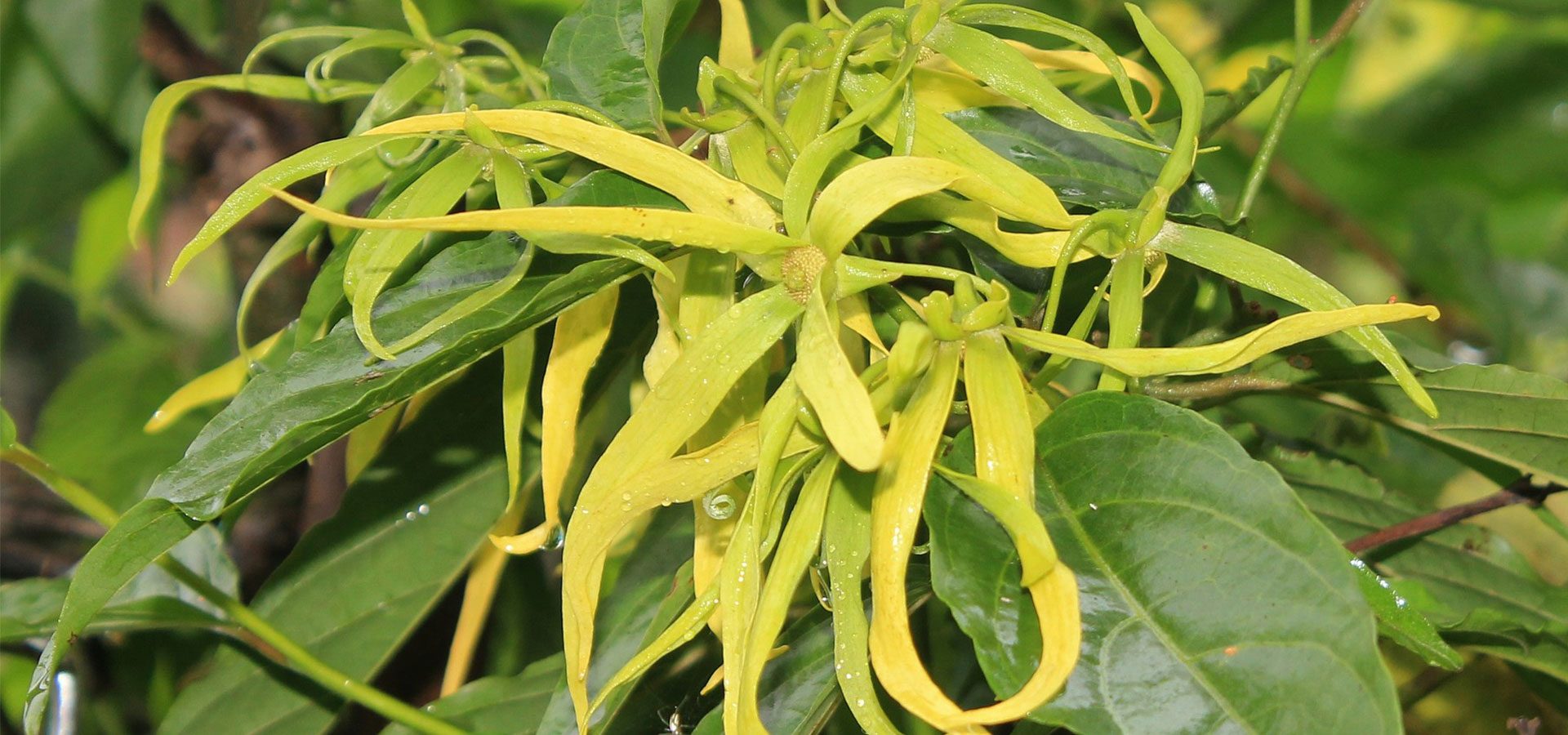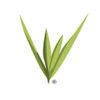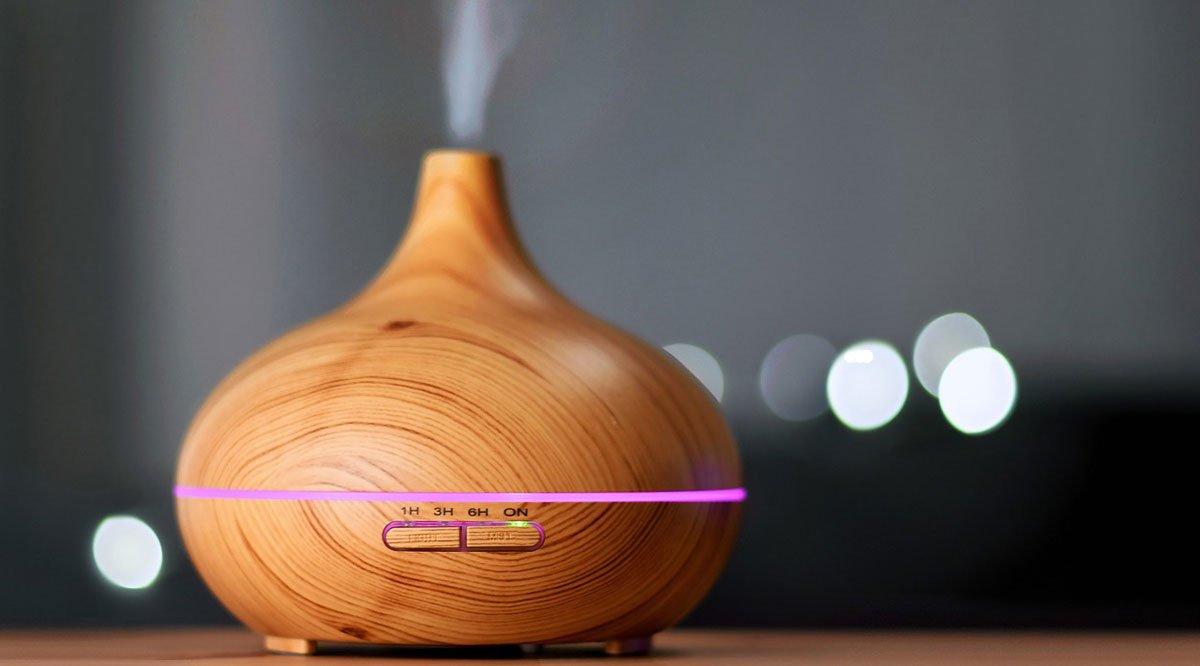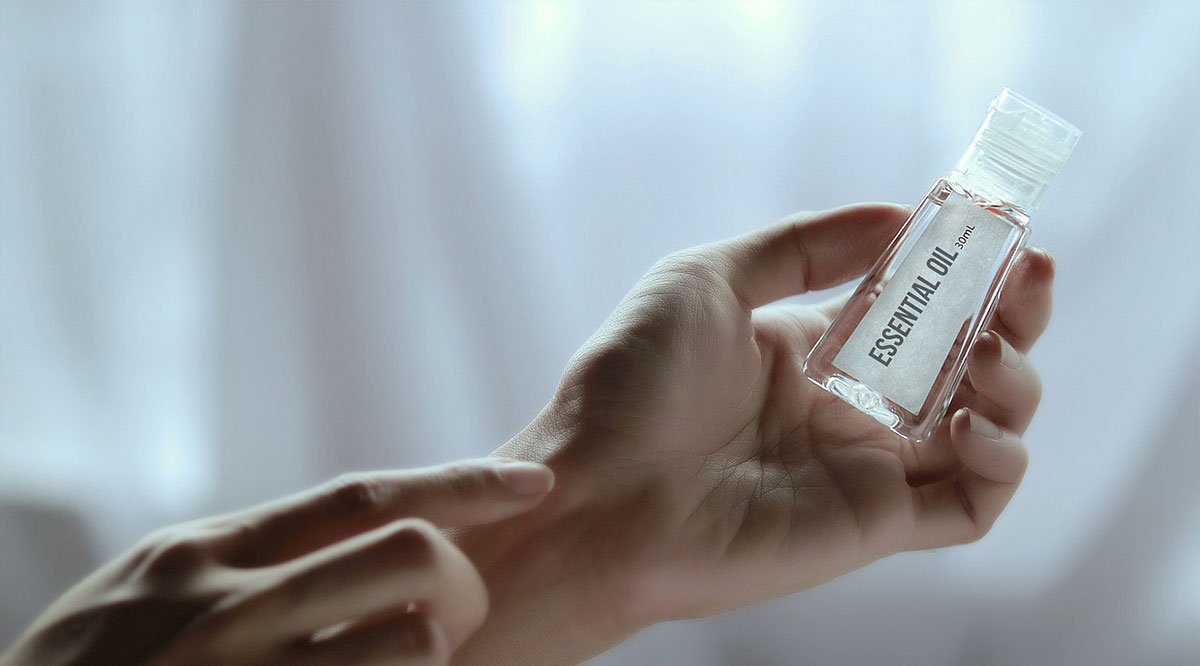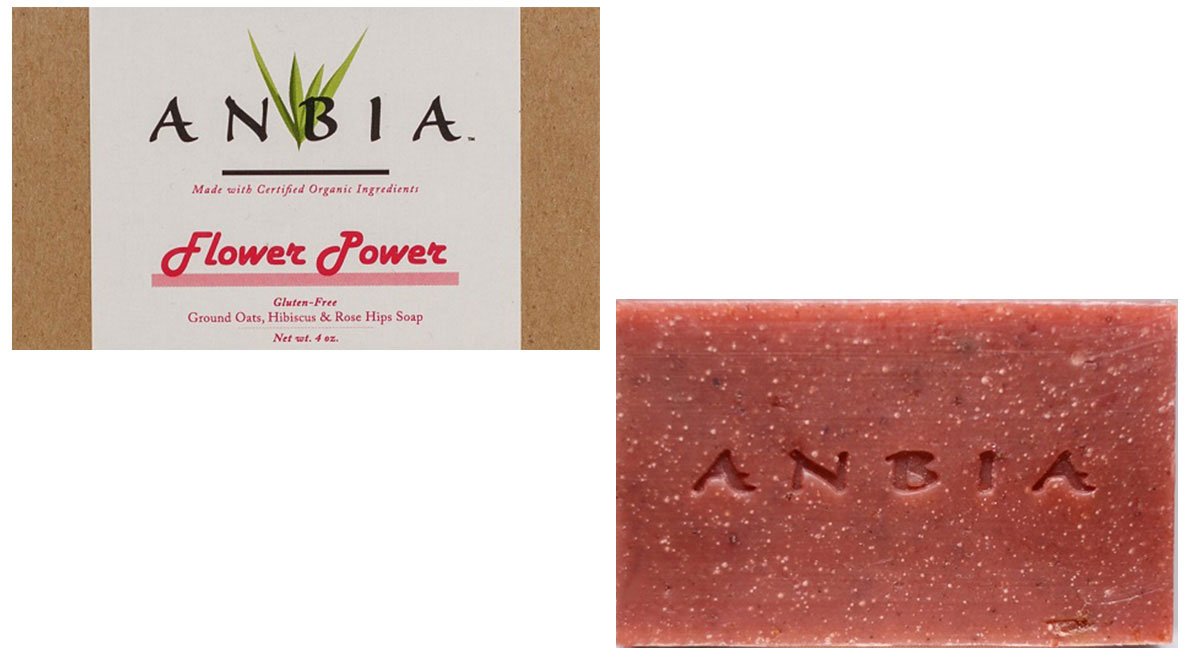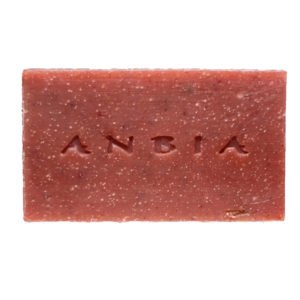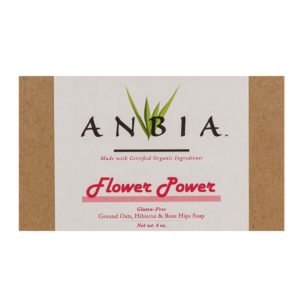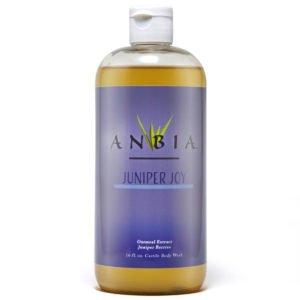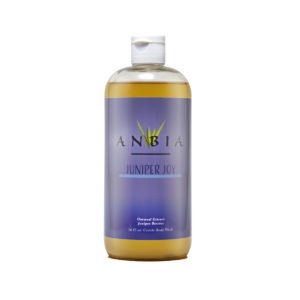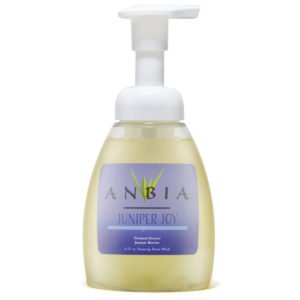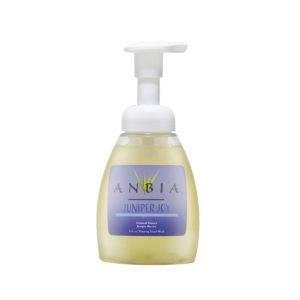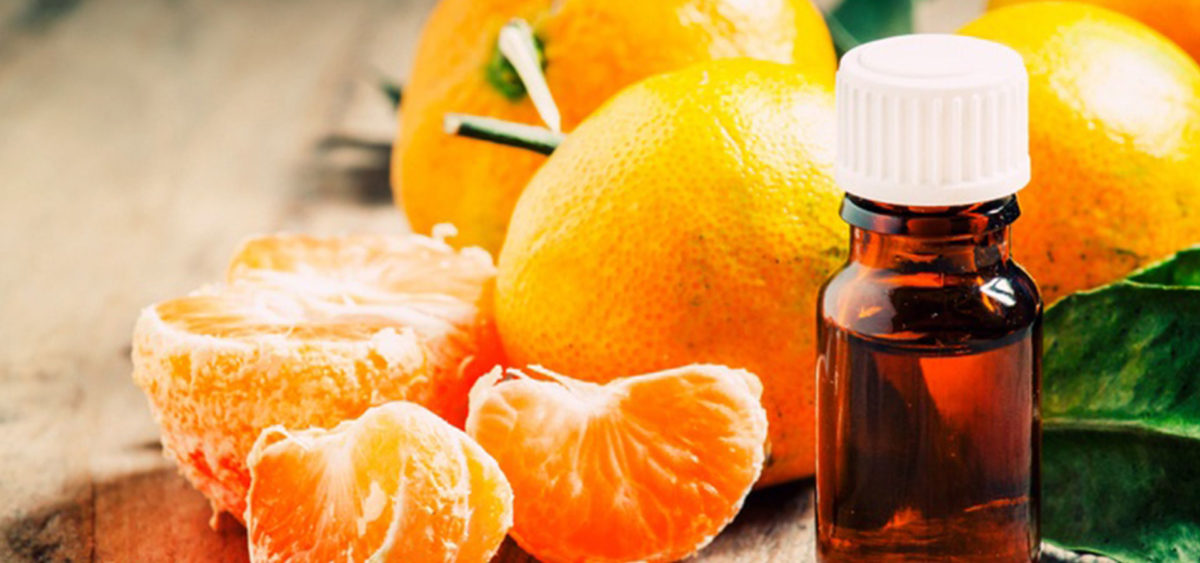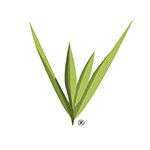Ylang-ylang essential oil is often utilized in aromatherapy. It’s sourced from the flowers of Cananga odorata (a plant native to the Philippines and Indonesia). Ylang-ylang means “flower of flowers” and was given this name thanks to its sweet, floral scent. In many cultures across South East Asia, it’s commonly used to decorate the bed of newlyweds on their wedding night because of its energizing, aphrodisiac qualities.
The essential oil is claimed to offer a range of health benefits and has healing properties on the skin. In aromatherapy, inhaling the aroma of ylang-ylang essential oil or absorbing ylang-ylang essential oil through the skin is believed to transmit messages to that part of the brain involved in controlling emotions. This sweet-smelling oil is used to alleviate stress, relieve pain, reduce inflammation, improve mood, and enhance libido.
It’s quite common for some folks to diffuse the scent of Ylang-ylang in their bedrooms as it uplifts the energy and creates a romantic mood. The scent can also positively impact emotions and help to form a chilled, relaxing atmosphere in your home. After a long stressful day add a few drops of ylang-ylang essential oil to your bath or lotions as the aroma instantly soothes the soul.
One of the foremost popular uses for ylang-ylang is applying to the skin to preserve a “youthful glow” and help prevent signs of aging or irritation. To use simply dilute it with a carrier oil like coconut oil using a 1:1 ratio before applying it to your skin. It’s best to always test for skin sensitivity before using it on large or sensitive areas of the skin. It’s always best to test a patch on your arm or feet to make sure you don’t experience skin sensitization. Also keep the oil out of your eyes, ears or nose and far away from pets that may react to it unfavorably.
It can even be used as a natural energizer if you’re fatigued, listless or just plain tired, a few drops of ylang-ylang can help. Many of us find the scent to be energizing and useful for fighting fatigue or body aches. Add several drops to a clean cotton swab and apply it to your wrists, neck or chest. The smell of ylang-ylang is unique and powerful, which is why such a large amount of perfumes and cosmetic products feature this flower as we do in our ANBIA® Tropical Flower bar soap.
A recent study on the utilization of essential oils like ylang-ylang for the treatment of skin diseases like acne, dermatitis and skin irritations regularizes sebum production and treats the infection itself. It’s also an antiseptic and might treat wounds like cuts, abrasions or burns with from of the wound becoming septic from various bacterial infections. The danger of complications is even greater if the wound was caused by an iron object, as there remains a chance of it becoming infected by tetanus germs. The essential oil of ylang-ylang will inhibit microbial growth and disinfect the injury. It also accelerates the healing process of the wound. Such a large amount of benefits from an exquisite tropical flower.
